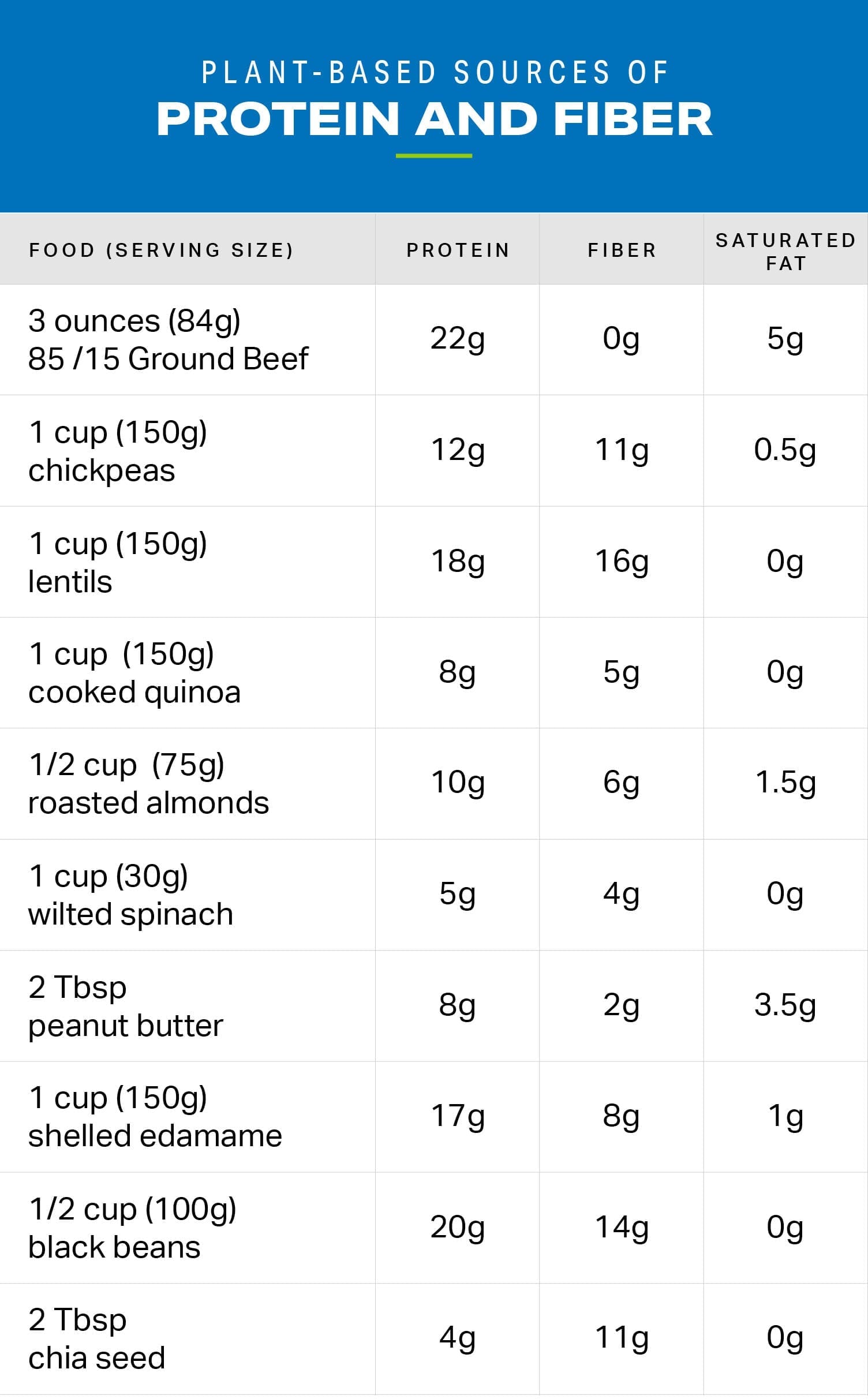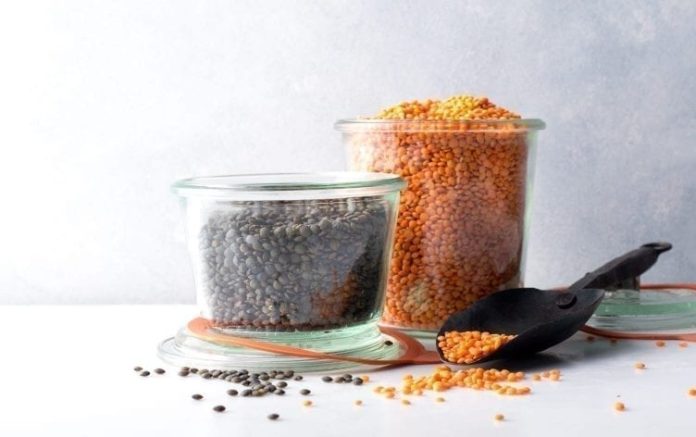
Ask the Dietitian: What Are the Best Sources of Plant-Based Protein?

As one of the three major macronutrients (along with carbohydrates and fats), protein is a necessity, essential for everyday growth, cell function and repair, oxygen transportation, better weight control and it makes up the enzymes that power most of the chemical reactions required to make our bodies work. Too often in health and fitness settings, we look at protein as a singular compound concentrated in powders, shakes and, of course, meat.
However, there are more advantages than you might realize to increasing the plant-based picks in your diet.
THE CASE FOR MORE PLANT-BASED PROTEIN
Animals are the major source of protein for many. When we eat foods with protein, we eat everything it comes packaged with including fat, fiber, sugar, vitamins, minerals, sodium, preservatives and more. For example, steak is concentrated in protein (more than 30 grams in 4 ounces), but delivers a good bit of saturated fat. Some protein bars may deliver as much as 20 grams of protein, but may also have equally as much sugar (more than two doughnuts), and ingredients we can’t pronounce. Rotisserie chicken is super convenient and protein-rich, but packs 500–600mg sodium per serving.
Only 14% of Americans are eating enough plants, which come packaged with fiber, vitamins, minerals and protein. A diet rich in plant-based protein is associated with lower cardiovascular mortality (aka living longer), lower risk of Type 2 diabetes and better weight control. Plants also have a smaller carbon footprint, meaning lower greenhouse gas emissions and a more positive environmental impact.
HOW TO ADD MORE TO YOUR DIET
Start by flipping the ratio of animal- to plant-based foods on your plate. Use meat as a flavor booster, rather than the centerpiece of your meal.
The USDA recommendation is about 46 grams of protein per day for women and 56 for men. Top plant-based sources of protein include beans, legumes, whole grains, nuts and seeds. Even sweet potatoes, cauliflower, spinach and green peas have protein.
Check out the chart below, which shows a few foods that not only have respectable protein numbers, but are also full of fiber and have far less saturated fat when compared to ground beef:




















